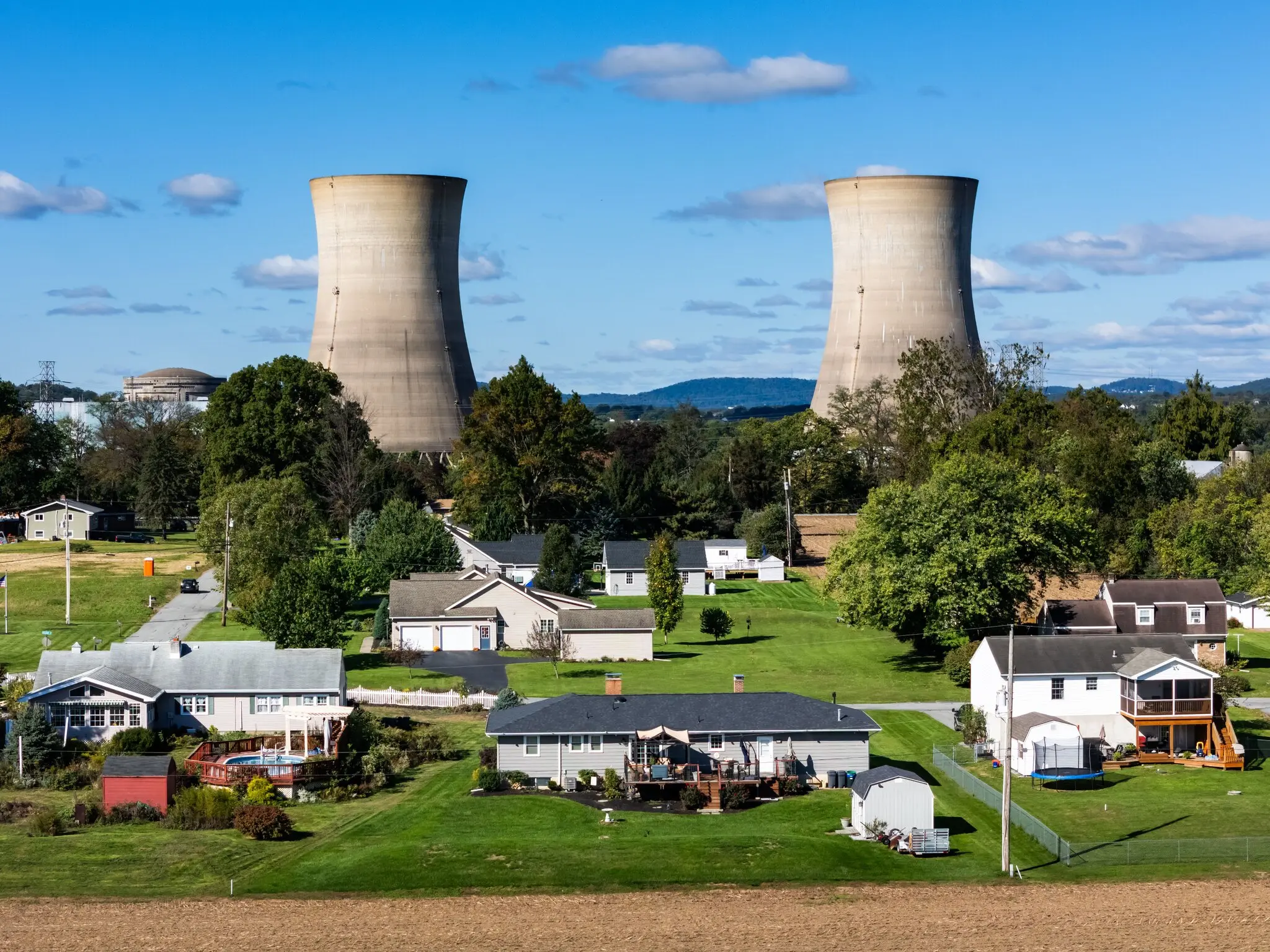For decades, nuclear energy was treated with skepticism at global climate summits, its potential overshadowed by concerns over safety, costs, and waste management. However, the narrative is shifting, and at COP29 in Baku, Azerbaijan, nuclear energy is no longer sidelined—it is increasingly viewed as a viable solution to the climate crisis.
A Changing Perception
Sama Bilbao y Leon, Director General of the World Nuclear Association, recalls earlier climate talks where nuclear advocates were unwelcome. Today, countries are pledging to triple global nuclear capacity by 2050, a monumental shift underscoring nuclear’s emerging role in achieving net-zero emissions.
This growing acceptance is driven by the urgent need for reliable, carbon-free electricity to complement intermittent renewable sources like solar and wind. For many countries, nuclear energy offers a pathway to energy security and climate resilience.
The Role of Nuclear in Emerging and Established Markets
Traditional nuclear powerhouses such as Canada, France, and South Korea are doubling down on their commitments, while nations like Kenya, Nigeria, and Mongolia—without existing nuclear infrastructure—are charting ambitious plans to integrate the technology into their energy mix.
Turkey, for instance, is constructing its first nuclear power plant and negotiating deals for more. For countries like Romania, where nuclear already plays a critical role in electricity generation, the focus is on expanding capacity through advanced technologies like small modular reactors (SMRs).
Challenges and Opportunities
While nuclear power offers undeniable benefits, significant hurdles remain. Cost overruns, lengthy construction timelines, and public skepticism—fueled by high-profile accidents—continue to deter some nations. Germany and Japan exemplify this resistance, having decommissioned reactors amidst safety concerns.
However, innovations like SMRs and public-private partnerships are promising solutions. The U.S. government, for example, has committed nearly $1 billion to support nuclear projects in Eastern Europe, showcasing how geopolitical and environmental priorities can align to drive nuclear development.
Africa’s Nuclear Opportunity
For Africa, the nuclear discourse at COP29 is especially significant. Many African nations are grappling with rising energy demands, unreliable electricity supplies, and persistent air pollution from fossil fuels. Nuclear power could be transformative, offering a stable energy source while mitigating environmental degradation.
Countries like Nigeria and Ghana are exploring nuclear options, recognizing their potential for energy independence and economic growth. With the support of global stakeholders, Africa could leverage nuclear energy to address its unique energy challenges and contribute to global climate goals.
A Growing Movement
The increasing visibility of nuclear at COP29 is emblematic of a broader movement. Advocates, including young professionals under the Nuclear for Climate initiative, are engaging audiences with facts and creativity, breaking down misconceptions and building momentum for nuclear energy’s role in a sustainable future.
The Path Forward
Nuclear energy’s resurgence in global climate discourse is a testament to its potential as a clean, reliable, and scalable solution. As Africa considers its energy future, the continent has a unique opportunity to harness nuclear power for transformative growth, sustainability, and resilience.
The time to act is now. By embracing nuclear alongside renewables, African nations can position themselves as leaders in the global energy transition, contributing to a safer and more sustainable world.
